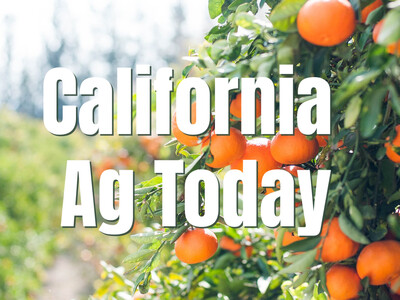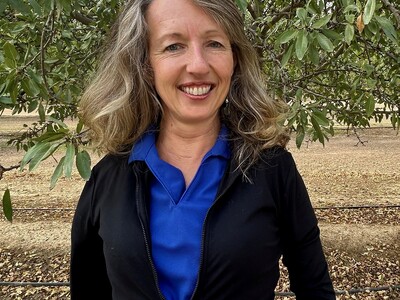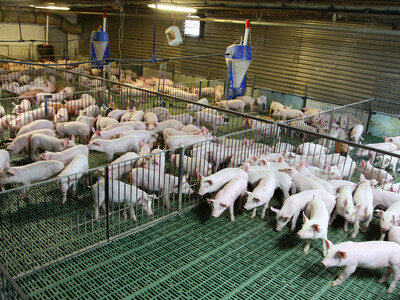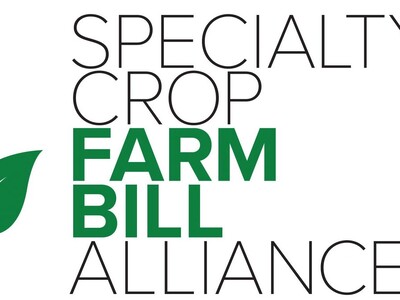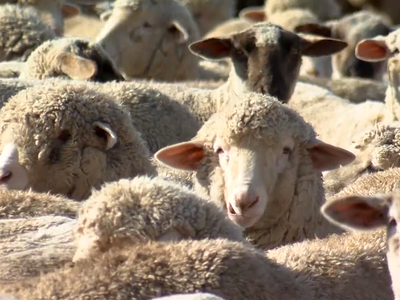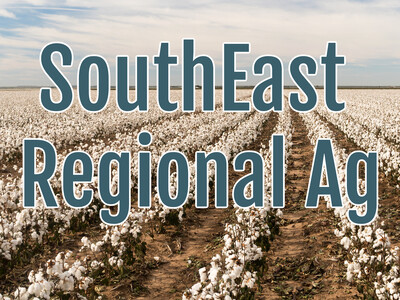Reducing Pollution & Cooler Weather
Reducing Pollution & Cooler Weather plus Food Forethought. I’m Greg Martin with today’s Northwest Report.
The northwest is experiencing a very pleasant fall with some cooler temperatures moving into the region but nothing like the east has been enduring and according to meteorologist Brad Rippey, more is on the way.
RIPPEY: For this week coming up we actually have a very similar set-up. The only thing we don’t have is that finishing kick - that last piece of energy diving out of Canada to finish this storm off and make it another big storm so we will have more snow in the central and southern Rockies this week. More beneficial rain and snow for the southern plains but this storm will escape with just a weak system moving across the southeast and the mid-Atlantic states.
The Idaho Department of Environmental Quality and the Amalgamated Sugar Co., a sugar beet processing pant in Nampa, Idaho have reached an agreement to cut its nitrogen oxide output to help reduce air pollution. They will spend $8 million to install nitrogen-oxide burners on three coal and natural gas boilers. The burners would reduce the amount of nitrogen oxide emitted by the boilers. The work must be done by 2016. A study estimated the nitrogen-oxide burners would reduce or eliminate regional haze about 12 days a year.
Now with today’s Food Forethought, here’s Lacy Gray.
There isn’t anything new about how the Humane Society of the United States spends the millions of dollars it receives in donations from well meaning citizens, but the HSUS’s less than stellar methods of doing business may finally be catching up with the organization. When polled, over seventy percent of respondents said they were under the impression that the HSUS was an umbrella organization of their local animal shelter groups. Nothing could be further from the truth though, and for whatever reason, the media has finally taken notice of the fact and are telling their listeners, viewers, and readers where the HSUS really spends its cash horde; and it isn’t on kittens and puppies. The largest percentage of the organization’s donations, nearly twenty-six million dollars, has gone to political lobbying in an effort to promote ballot measures in numerous states that the HSUS hopes will eventually lead to the banning of all animal agriculture. And just what percentage of the HSUS budget is given to actual pet shelters across the nation? The federally reported amount of less than one percent is probably the very reason for the current shift in public opinion of the HSUS.
Thanks Lacy. That’s today’s Northwest Report. I’m Greg Martin on the Ag Information Network.






